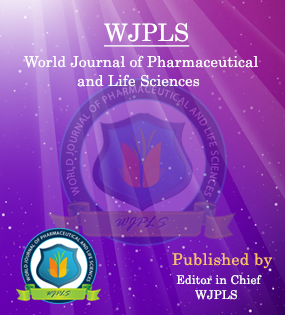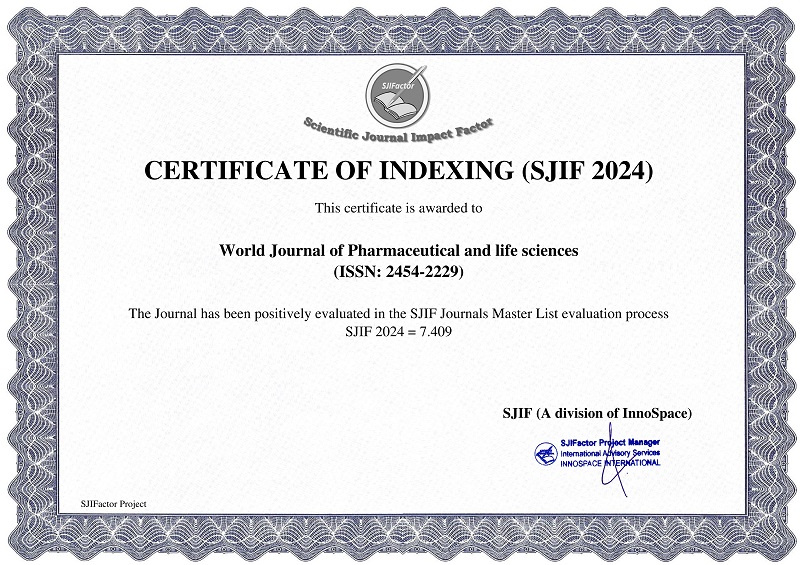Abstract
A STUDY TO ASSESS THE KNOWLEDGE AND ATTITUDE REGARDING SURROGCAY AMONG WOMEN ATTENDING SELECTED INFERTILITY CLINICS AT BENGALURU, WITH A VIEW TO DEVELOP AN INFORMATION GUIDE SHEET
Sukanya*, Reddamma G. G. and Harina Kumari P. S.
ABSTRACT
Background and Objectives: Motherhood is a happy movement of the fulfillment of life for every woman, unfortunately due to physiological defects many women remain helpless to give birth to their own off-spring. Through Surrogacy couples can get their own genetically related child and serves as alternative for infertility. In order to educate and modify the attitude of the women, so this study was conducted to assess the knowledge and attitude regarding Surrogacy, among women attending selected infertility clinics, at Bengaluru. Methods: Descriptive design, with convenient sampling method was used. Information was collected from 60 women attending infertility clinics, using the structured Interview Schedule and Attitude scale. Results: Majority 53.3% of respondents were belongs to the age group of 30-39 years.43.4% were Hindus, 25% of respondents completed primary school education, 38.3% of subjects were homemakers, 36.6% of respondents had monthly income of Rs.5, 000-Rs 10.000, 45% of respondents had 12-16 years duration of married life, 50% of respondents belongs to both urban and rural area, and 66.7% were belongs to nuclear family. Majority 45% of respondents had information from electronic media, 88.3% were not having the history of infertility. The respondent’s overall mean knowledge score was 42.9%. Mean attitude score was 61.4% in positive statements and 53.38% in negative statements and the overall mean attitude score was 57.9%.There is a positive significant relationship between knowledge and attitude of respondents on Surrogacy i.e., higher the knowledge score better is the attitude of respondents. The value of the correlation coefficient(r = +0.724) indicates positive correlation between knowledge and attitude of respondents on surrogacy. Analysis of socio-demographic variables showed significant association between education, occupation, income, place of domicile, type of family, family history of infertility with knowledge. Age, income, place of domicile, type of family, with attitude score at 5% level (P>0.05). Analysis of attitude scores of participants, there is significant association between age, family income, place of domicile, type of family etc., with the attitude scores (P>0.05). Conclusion: The overall findings of the study clearly showed that the women had inadequate knowledge score (68.3%) and moderate attitude (66.7%). It reveals that, if the women are provided with some sort of educational interventions such as information booklets, teaching programmes, and modules on surrogacy, will update their knowledge and develops positive attitude towards Surrogacy, which in turn contribute to reduce the pain of childless couples.
[Full Text Article] [Download Certificate]WJPLS CITATION 
| All | Since 2020 | |
| Citation | 590 | 424 |
| h-index | 12 | 10 |
| i10-index | 17 | 14 |
INDEXING
NEWS & UPDATION
BEST ARTICLE AWARDS
World Journal of Pharmaceutical and life sciences is giving Best Article Award in every Issue for Best Article and Issue Certificate of Appreciation to the Authors to promote research activity of scholar.
Best Article of current issue
Download Article : Click here





